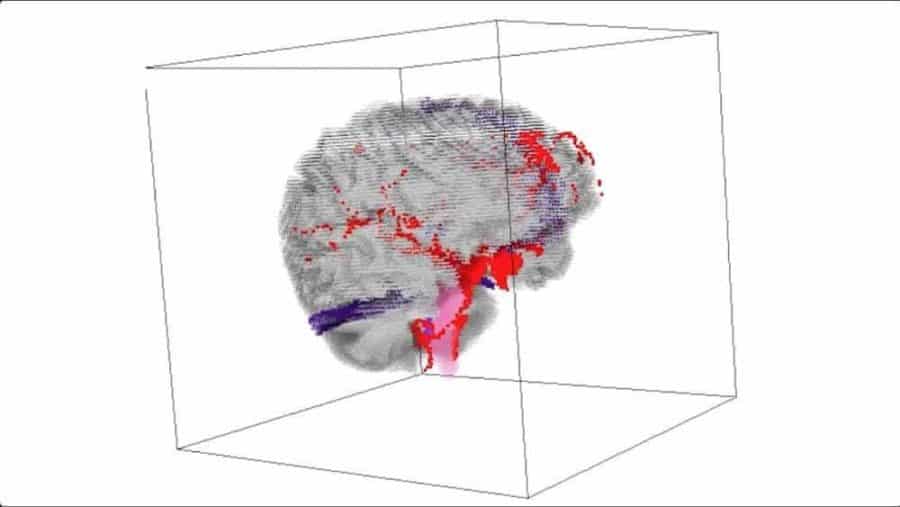Most football fans will watch Sunday’s Super Bowl matchup between the New England Patriots and Philadelphia Eagles for the big plays, the big hits, and—of course—the commercials.
K.T. Ramesh, a biomechanics expert at Johns Hopkins University, will be looking for something more specific: head injuries.
Ramesh, who has been researching traumatic brain injuries for years, is helping develop a tool to better diagnose concussions and predict where related brain damage is likely to occur.
“You can get a concussion even without being hit in the head,” he says. “All you need to do is move the head fast enough. … The impact is what most people think about, but the rotation may actually be more important in terms of concussion. So the bigger danger may be when your head gets turned too fast.”
Recently Ramesh has been working with researchers from the National Institutes of Health and Jerry L. Prince, a professor in JHU’s Department of Electrical and Computer Engineering, to create a digital head model. Because everyone’s brain is unique and reacts differently when stressed, Ramesh hopes these personalized models will someday be used by doctors for quicker, more effective concussion diagnosis.
Using MRI imagery, Ramesh would like to see a “digital twin” head model created for athletes in high school, with updates every few years.
“If we already have a history of scans when an athlete gets a head injury,” he says, “we can say that, based on the kind of person you are and the kind of event that occurred, it’s likely to be this kind of injury, and therefore medical professionals should perhaps use this kind of diagnostic procedure to look at it.”
If our reporting has informed or inspired you, please consider making a donation. Every contribution, no matter the size, empowers us to continue delivering accurate, engaging, and trustworthy science and medical news. Independent journalism requires time, effort, and resources—your support ensures we can keep uncovering the stories that matter most to you.
Join us in making knowledge accessible and impactful. Thank you for standing with us!

